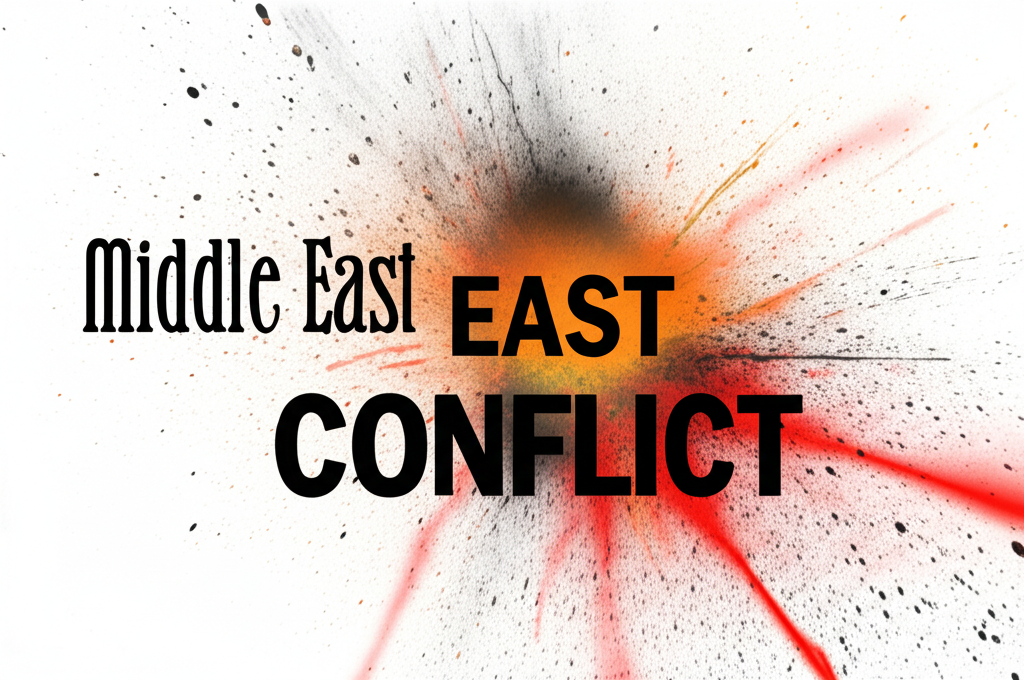- Rocket Attacks: Recent rocket launches from Lebanon targeted northern Israel.
- Israeli Response: Israel retaliated with airstrikes in southern Lebanon.
- Hezbollah’s Stance: Hezbollah denies involvement in the rocket attacks but affirms commitment to the ceasefire.
- Escalation Risk: The exchange raises concerns about a potential escalation of conflict.
Breaking News: What’s Happening Between Israel and Lebanon?
Hold up! Things are heating up between Israel and Lebanon. Just when we thought things were calming down, rockets started flying, and now everyone’s on edge. Israel didn’t waste any time responding, and now the whole region is holding its breath.
The Rocket Fire: Who’s to Blame?
So, what triggered this mess? Apparently, some rockets were fired from Lebanon into Israel. Israel is pointing fingers, but Hezbollah is saying, ‘Nah, not us!’ Whoever did it, it’s got everyone on high alert.
Israel’s Retaliation: Airstrikes in Lebanon
Israel wasn’t about to let those rockets slide. They launched airstrikes in southern Lebanon, claiming they were hitting Hezbollah targets. But here’s the thing: innocent people are caught in the middle, and that’s never a good look.
Hezbollah’s Response: Playing it Cool?
Hezbollah is trying to play it cool, saying they’re sticking to the ceasefire agreement. But can we really trust them? And what about the folks in Lebanon who are caught in the crossfire? It’s a complicated situation with no easy answers.
Why This Matters: The Bigger Picture
Okay, so why should you care about all this back-and-forth? Well, Israel and Lebanon have a long history of conflict, and any spark could set off a major war. Plus, this could drag in other countries like Iran and Syria. This isn’t just a local squabble; it could have global consequences.
What’s the History Between Israel and Hezbollah?
These two have been at odds for decades. Hezbollah, backed by Iran, has been a thorn in Israel’s side. From the 1982 Lebanon War to the 2006 Lebanon War, they’ve clashed repeatedly. The border region remains volatile, with occasional skirmishes and tensions simmering beneath the surface.
What Could Happen Next?
Your guess is as good as mine. Will this blow over, or is this the start of something bigger? One thing’s for sure: the next few days are crucial. Let’s hope cooler heads prevail, and both sides find a way to back down before things get even uglier.
The Human Cost
Amidst the political posturing and military maneuvers, it’s easy to forget the human cost of this conflict. Families are displaced, lives are disrupted, and fear grips communities on both sides of the border. The psychological toll of living under the threat of violence is immense, leaving lasting scars on individuals and societies.
Geopolitical Implications
The Israeli-Lebanese conflict doesn’t exist in a vacuum. It’s intertwined with regional power struggles, international alliances, and the ever-present shadow of the Israeli-Palestinian conflict. The involvement of external actors like Iran and Syria further complicates the situation, making it difficult to find a lasting solution.
Key Takeaways
- The recent exchange of fire between Israel and Lebanon has raised tensions in the region.
- Hezbollah denies involvement in the rocket attacks, but Israel holds Lebanon responsible.
- The risk of escalation remains high, with potential consequences for regional stability.
- The human cost of the conflict is significant, with families displaced and communities living in fear.
- The Israeli-Lebanese conflict is part of a larger geopolitical puzzle, with implications for international relations.

